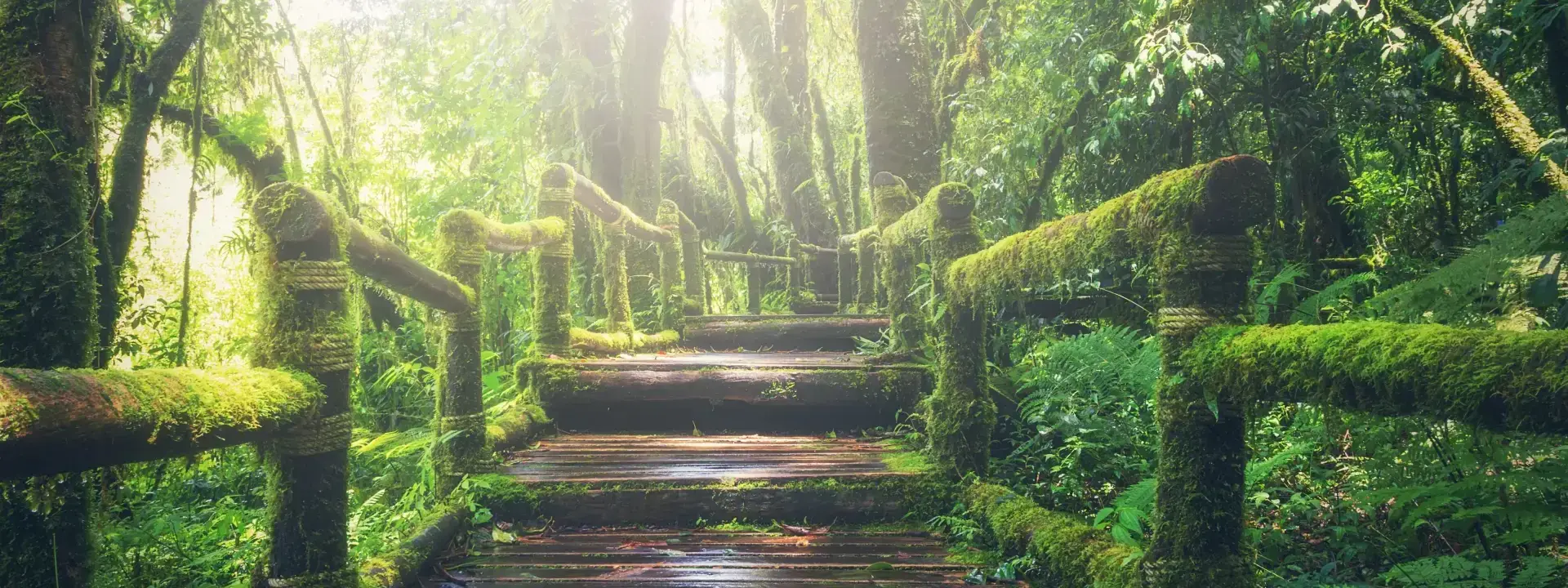
Conservation Job Description
What is a Conservation Professional?
A conservationist is someone who protects and conserves the environment and its natural resources. This can be done through many different methods such as campaigning, policy making, hands on work such as tree planting or cleaning up rivers, or scientific research. There are many different types of conservationists, but all share a common goal of preserving the planet and its ecosystems for future generations. A conservationist might work for a government agency, non-profit organization, or as a private consultant. They might work in an office, in the field, or in a laboratory.
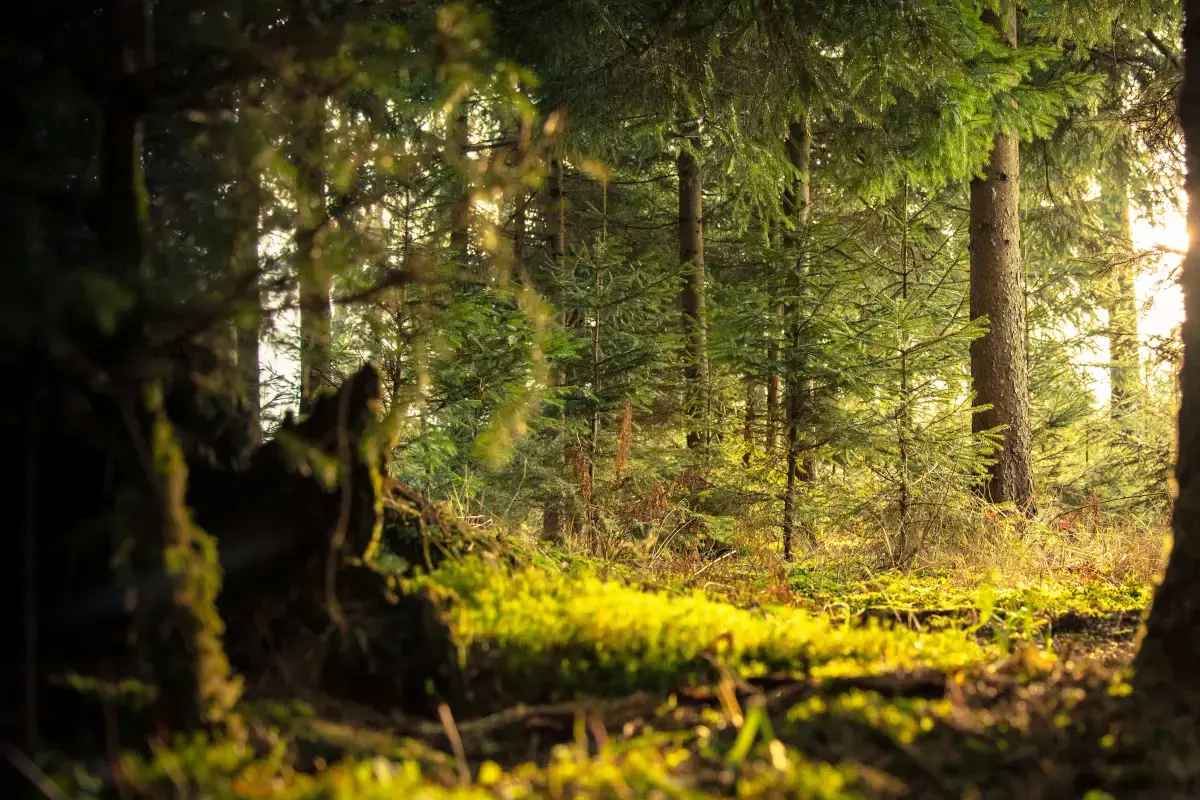
What does a Conservation Expert do?
Most conservationists have at least a bachelors degree in environmental science, biology, or a related field. Many also have masters degrees or doctorates. Conservationists use their knowledge of the natural world to develop strategies and plans to protect it. This might involve creating new laws or regulations, conducting scientific research, or working with communities to change their practices. Conservationists work to protect the environment from pollution, overdevelopment, and other threats. They also work to restore damaged ecosystems and help preserve endangered species.
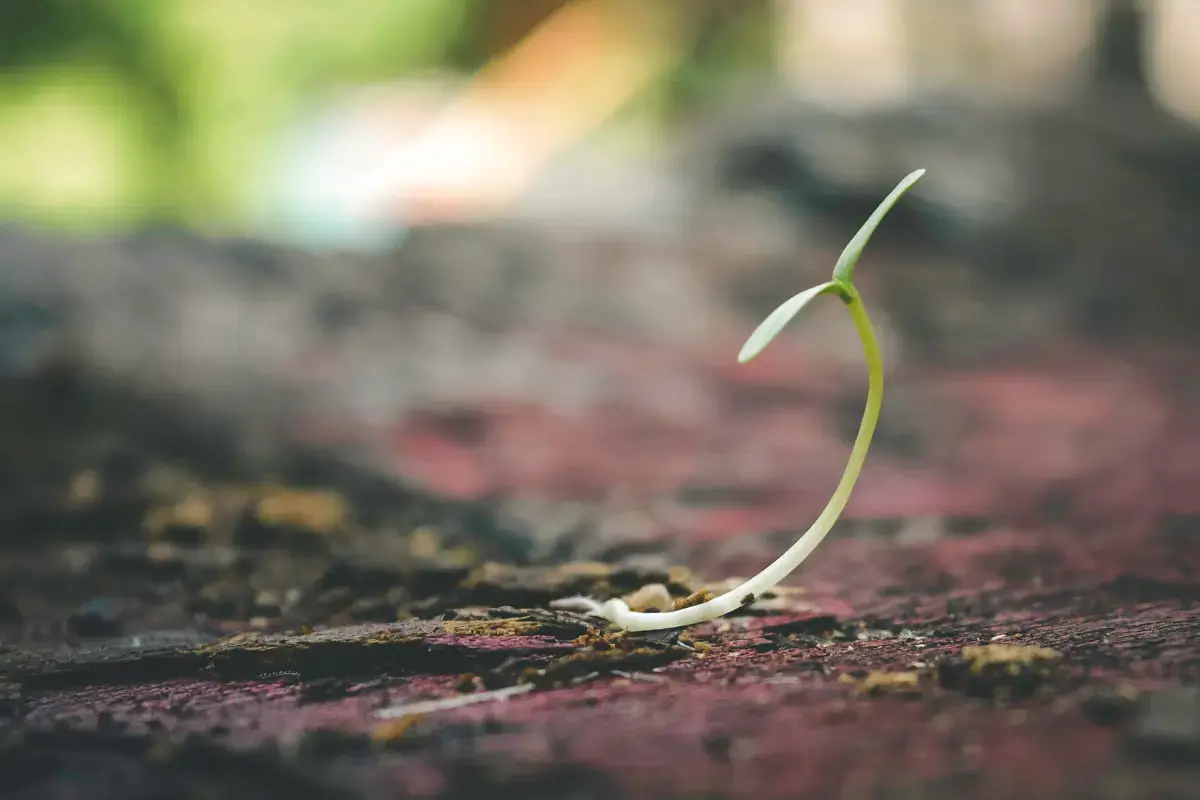
What are the Skills of a Conservation?
A conservationist is someone who works to protect and conserve the environment and its natural resources. There are many different types of conservationists, but all share a common goal of preserving the environment for future generations. There are many different skills and experience a conservationist needs. Some of the most important skills include: -An understanding of the natural world and how it works -Knowledge of environmental laws and regulations -Ability to communicate effectively with the public -Leadership skills -Organizational skills -Problem-solving skills A conservationist must have a deep understanding of the natural world and how it works. They need to know about the different ecosystems and how they function. They also need to be aware of the threats that our planet faces, such as climate change, pollution, and habitat loss. Conservationists must also be familiar with environmental laws and regulations. They need to know how to work within the legal system to protect the environment. In some cases, they may need to lobby for new laws or regulations. Ability to communicate effectively with the public is another important skill for conservationists. They need to be able to educate the public about the importance of conservation. They also need to be able to build support for their cause.
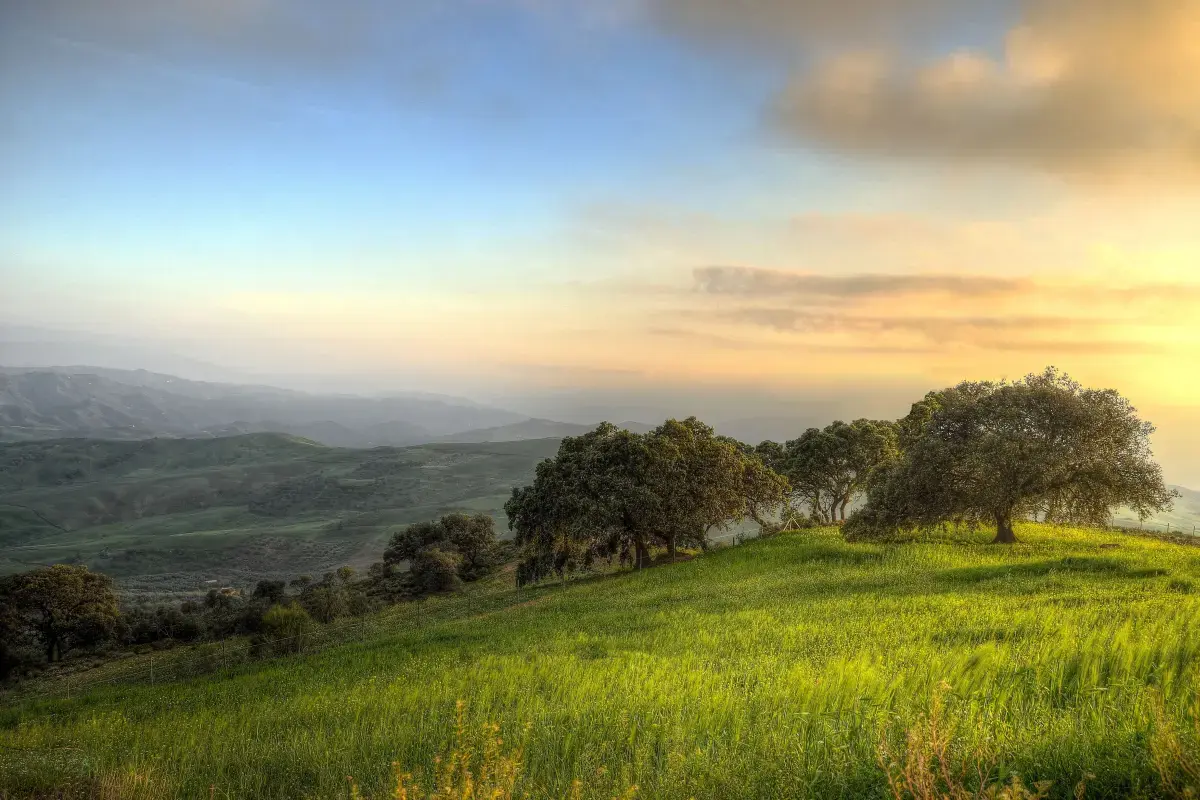
What makes an Expert Conservation?
Leadership skills are important for conservationists who want to make change happen. They need to be able to inspire others to take action. They also need to be able to work with different groups of people to find common ground. Organizational skills are important for conservationists who want to be effective in their work. They need to be able to keep track of different projects and deadlines. They also need to be able to delegate tasks and manage people. Problem-solving skills are essential for conservationists. They need to be able to identify problems and find solutions. They also need to be able to think critically and creatively to find new ways to solve problems.

What level of Experience & Qualifications are required to be a Conservation?
Industry Experience: 1. Minimum of 5 years of experience in conservation and/or related field 2. Demonstrated success with leading successful conservation initiatives, such as habitat restoration or species reintroduction projects 3. Proven track record of working effectively with a variety of stakeholders to achieve common goals Training: 1. Completion of specialized training courses on wildlife management, land use planning, GIS mapping and other relevant topics 2. Advanced certifications in areas like ecological monitoring or environmental education may be beneficial Qualifications: 1. Excellent communication skills both written and verbal 2. Ability to work independently while also collaborating within teams Education: 1. Bachelor’s degree from an accredited college or university in biology, ecology, natural resources management or a related field 2 .Master’s degree is preferred
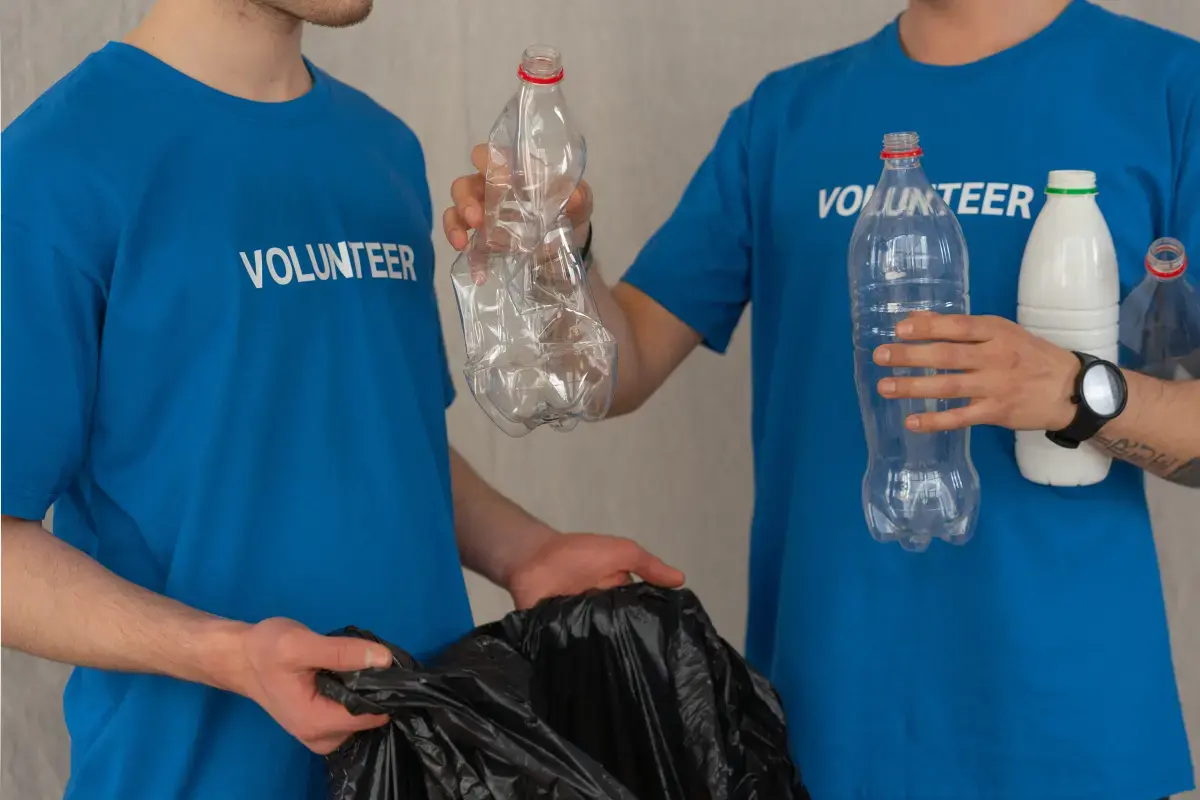
What is the Salary of a Conservation?
A junior conservationist typically starts with an annual salary of around $30,000 to $40,000. This can vary depending on the employer and their location. As a junior conservationist develops their skills and gains experience they may be able to negotiate for higher salaries in the range of $50,000 -$70,000 annually. At the mid-level stage a conservationists salary expectations should increase further up to about $80,000-$100,00 per year. At this level it is expected that one will have specialized knowledge in particular areas such as environmental law or policy making which could help them command a higher salary than before. Finally at senior level it is possible for some experienced professionals to make over six figures with salaries ranging between $100K-$150K+. Senior conservationists are usually highly respected experts who offer valuable advice and guidance on important projects related to nature preservation or habitat restoration efforts so they tend to earn more than other levels of expertise within this career field.
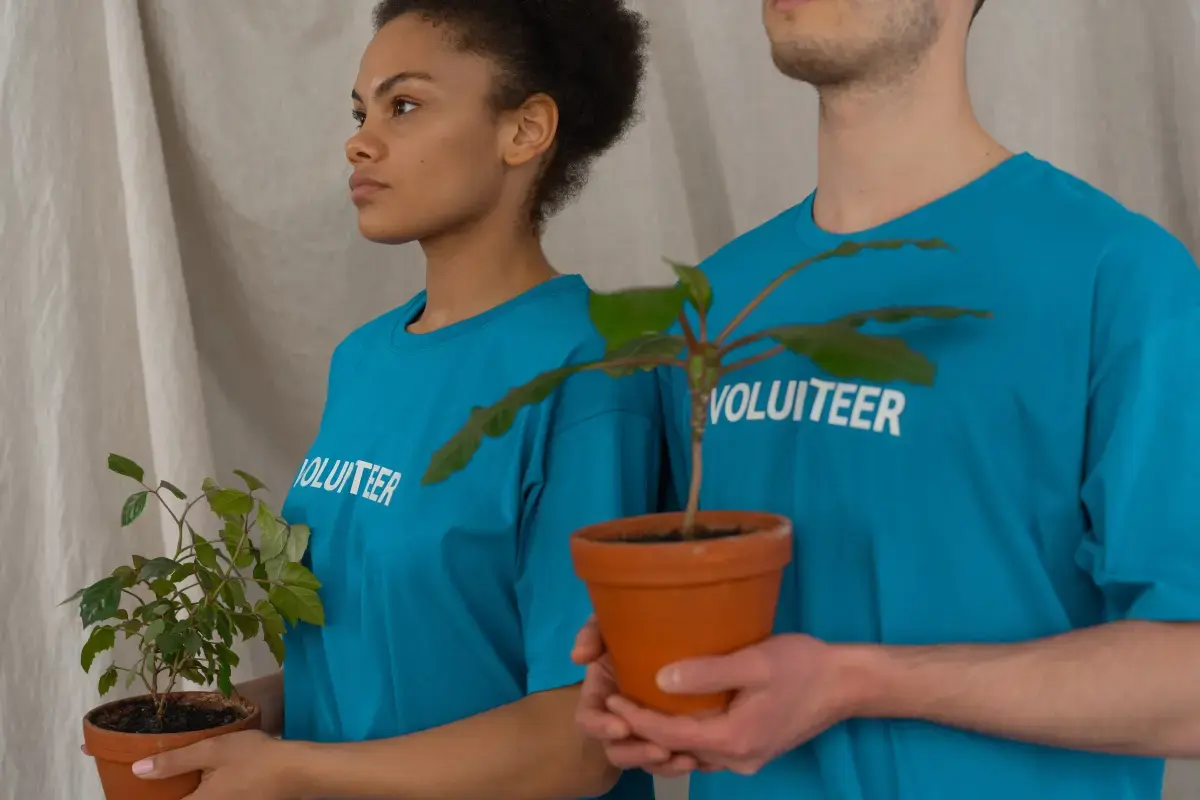
What are the Working Conditions for a Conservation?
Conservation scientists generally work in a variety of settings, including laboratories, field offices, and outdoor locations. They may be employed by government agencies or nonprofit organizations focused on conservation efforts. Working conditions vary depending upon the type of job and location; however, many conservation scientists spend much of their time outdoors collecting data from natural resources such as soil samples or monitoring wildlife populations. This often requires long hours in extreme weather conditions (e.g., hot summers or cold winters). In addition to working outside, they may also conduct research inside laboratories analyzing specimens and writing reports summarizing their findings. Other duties include attending meetings with stakeholders to discuss policy issues related to environmental protection and engaging in community outreach activities like giving presentations about scientific topics at schools or public events. The overall goal for most conservation scientists is to protect the environment while promoting sustainable development practices that benefit both people and nature alike—which can require creativity when it comes to finding solutions that meet these objectives without sacrificing one for the other.
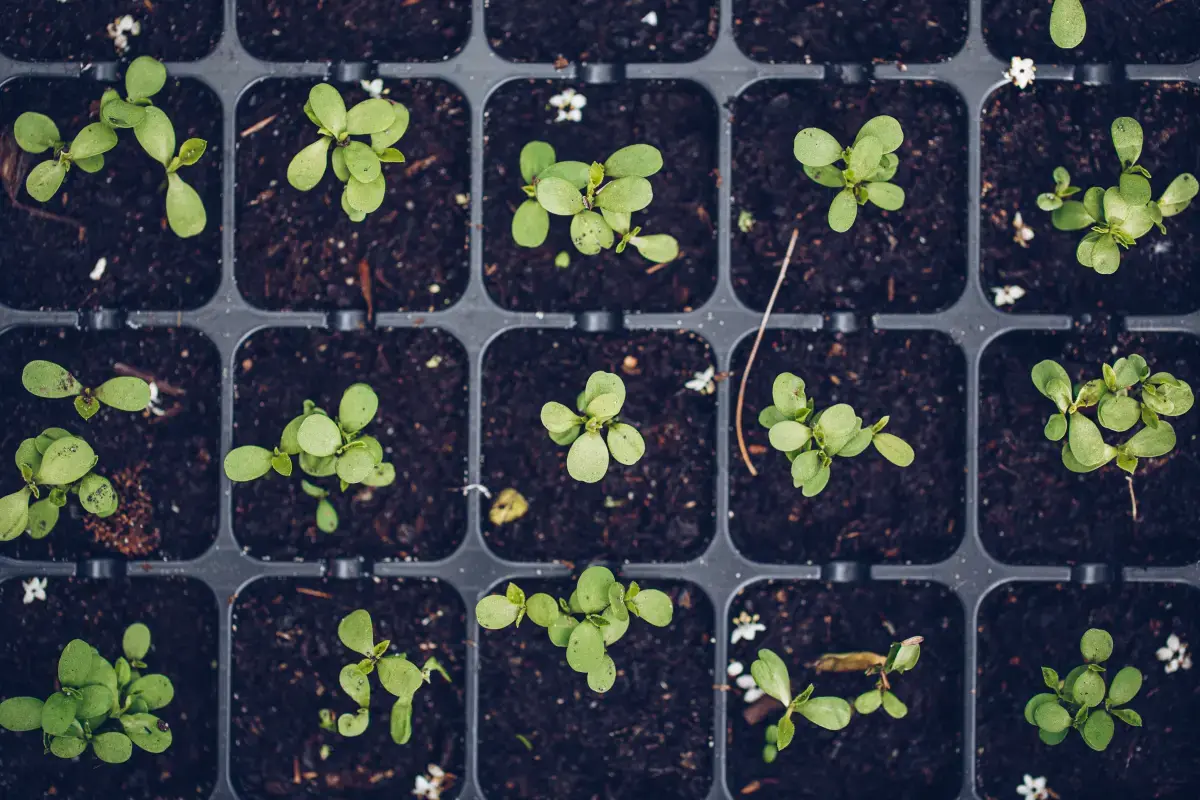
What are the roles and responsibilities of a Conservation?
Advocate for the protection of natural resources and habitats.
Educate others about the importance of conservation.
Work to reduce human impact on the environment.
Support sustainable practices.
Promote the stewardship of natural resources.
Collaborate with others to find innovative solutions to conservation challenges.
Conduct research to further our understanding of the natural world.
Monitor and assess the health of ecosystems.
Work to restore damaged ecosystems.
Combat illegal wildlife trade.
Help to preserve endangered species.
Work to mitigate the effects of climate change.
Protect watersheds.
Promote the efficient use of water resources.
Manage protected areas.
Stop the spread of invasive species.
Connect people with nature.
Engage youth in conservation efforts.
Support traditional knowledge and practices.
Work to build a more sustainable future.
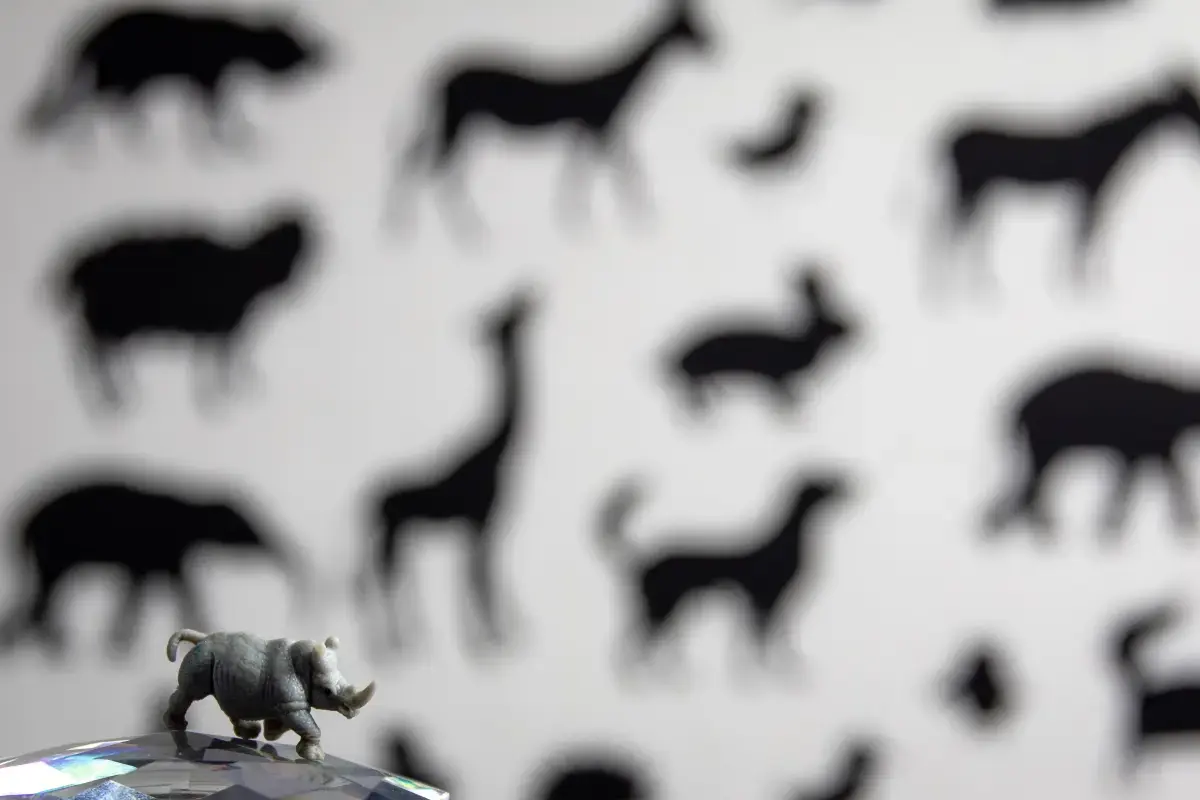
Where can I find Conservation jobs?
- Create a profile on gigexchange and promote your Conservation skills to advertise you are Open to New Work Opportunities
- Ensure your Resume (or CV), or online work profile is up to date and represents your skills and experience. Ensure your reputation reflects your ability & attitude.
- Apply for Conservation Jobs advertised on gigexchange.
- Practise Conservation interview techniques to ensure you represent your personality and ability succinctly and confidently.
- Accept the job offer if the salary meets your expectations and the employer mission and purpose reflects your core values.
Jobs
What are the best job boards for Conservation Officer jobs?

How can I hire Conservation staff online for my business?
The best job board for recruiting Conservation experts is gigexchange.com. Advertise full-time, part-time or contract jobs to find, hire & recruit trusted, experienced and talented Conservation candidates near you.

Are Conservation roles in demand in 2026?
Conservation experts are still in high demand in 2026. If you are an experienced Conservation or looking to train and become one. The job market is looking strong for Conservation jobs near me.